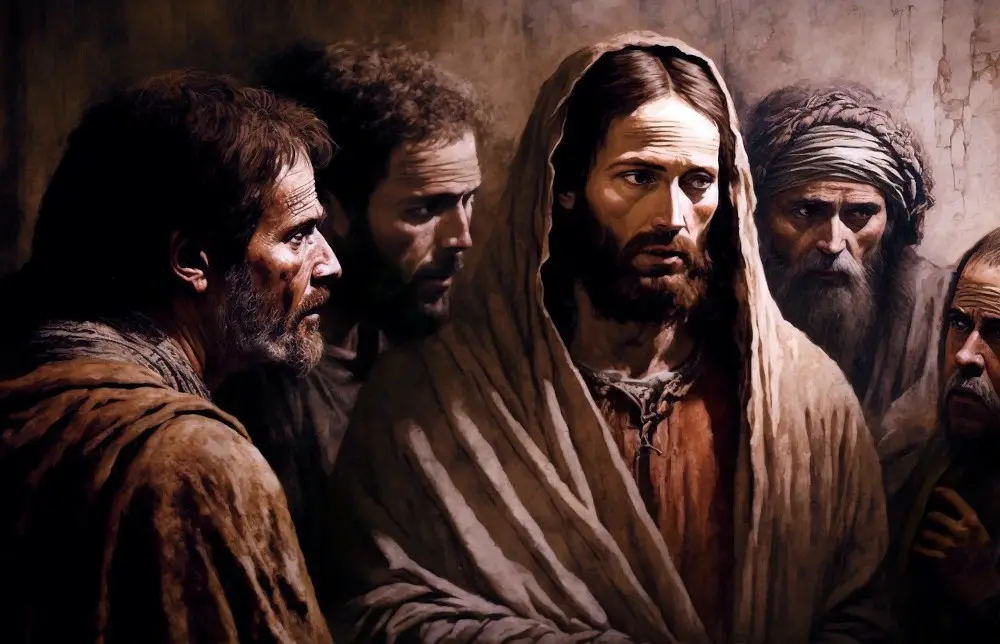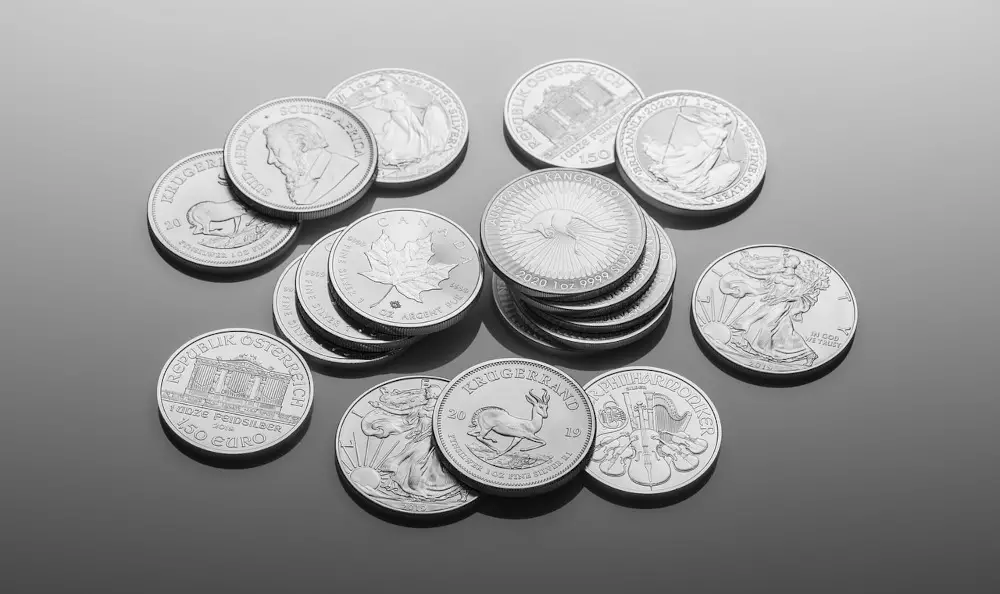In the days leading up to His crucifixion, Jesus and His disciples gathered in Bethany at the house of Simon the leper.
As they reclined at the table, a woman entered the house, carrying an alabaster jar filled with expensive perfume. In an extravagant display of honor, she poured the entire contents over Jesus’ head.
Some in the company were indignant, decrying such a “waste” saying, the perfume could have been sold to benefit the poor.
But Jesus saw her act differently, declaring it “a beautiful thing” done to prepare His body for burial. Little did they know the significance her act would soon take on.
Mary’s Gift: A Lesson in Honor

The woman’s lavish gift was an act of pure devotion and gratitude for her Savior. Her extravagant offering flowed from a heart that deeply valued and honored Jesus.
In contrast, the disciples, led by Judas Iscariot, saw only waste and excess. Blinded by greed, they failed to perceive the profound reverence behind her sacrifice.
Jesus defended Mary’s actions, rebuking the disciples.
“14 …She has done a beautiful thing to me…8 She did what she could. She poured perfume on my body beforehand to prepare for my burial.”
Mark 14:6,8 (NIV)
biblegateway.com
Her gift preached a powerful sermon – one that pierces our hearts and begs the question: How much do we truly value Jesus?
The Betrayal of Judas

Outraged by this “waste,” Judas immediately went to the chief priests, asking:
“What are you willing to give me if I deliver him over to you?”
Matthew 26:15 (NIV)
biblegateway.com
They settled on thirty pieces of silver – a paltry sum that fulfilled the prophecy of Zechariah:
“They weighed out my wages, thirty pieces of silver.”
Zechariah 11:12 (NKJV)
biblegateway.com
The contrast is striking. While Mary’s gift was valued at 300 pence (nearly a year’s wages for a skilled laborer), Judas sold the Savior of the world for a mere thirty pieces of silver – the price of a gored slave. What immense dishonor!
The Significance of 30 Pieces of Silver

Beyond being a meager amount, the thirty pieces of silver carried great symbolic weight:
- In Hebrew culture, it was the price paid to the owner for a slave who was gored by an ox (Exodus 21:32).
- The money was later used to purchase a potter’s field as a burial place for foreigners, fulfilling Zechariah’s prophecy.
- It demonstrated the religious leaders’ disdain for Jesus by assigning Him the value of a slave’s life.
While Mary lavished costly perfume worth over $30,000 on Jesus’ feet, Judas and the leaders agreed He was worth a slave’s price – a shocking $300-$400 in today’s value.
Their dishonorable assessment revealed the true condition of their hearts toward the Son of God.
Lessons on Honor and Greed

The story of the thirty pieces of silver reveals a sobering contrast between those who honor Christ and those consumed by greed and self-interest.
- Mary’s sacrifice flowed from a heart of deep reverence, sparing no expense to exalt her beloved Savior. Her act emanated from the revelation that Jesus alone is supremely valuable and worthy of our greatest treasures.
- Judas and the disciples, conversely, failed to perceive Christ’s infinite worth. Blinded by the love of money, Judas betrayed the Master for a slave’s price while his companions decried the “waste” of costly adoration given to Jesus.
This narrative challenges us to examine our own priorities. Do we, like Mary, consider Jesus more precious than our costliest possessions?
Or do we, like Judas, fail to recognize His infinite value, allowing the deceitfulness of riches to eclipse our devotion?
In a culture fixated on wealth and material excess, may we re-align our values with the kingdom of God.
May our lives pour out in costly adoration of the One who deserves our highest honor – Jesus Christ, our priceless Lord and King.
Key Takeaways
- Mary’s extravagant anointing of Jesus with expensive perfume demonstrated her wholehearted devotion and honor for Him as Messiah.
- In stark contrast, Judas betrayed Jesus for a mere 30 pieces of silver – the price paid for a slave in Hebrew culture.
- Judas and the disciples failed to grasp Jesus’ infinite worth, decrying Mary’s gift as a “waste.”
- The story reveals a clash between those who honor Christ and those consumed by greed and self-interest.
- We must examine our hearts to ensure we value Jesus above all earthly treasures.
Frequently Asked Questions
Q: What does the “thirty pieces of silver” refer to in the Bible?
A: The “thirty pieces of silver” refers to the price for which Judas Iscariot betrayed Jesus Christ. According to the Gospel accounts, after the woman anointed Jesus with very expensive perfume, Judas went to the chief priests and agreed to hand Jesus over to them in exchange for thirty pieces of silver.
Q: What was the significance of the 30 pieces of silver in biblical times?
A: In Hebrew culture, thirty pieces of silver was the price paid to the owner for a slave who was gored by an ox (Exodus 21:32). So this was the price that Judas and the Sanhedrin assigned to Jesus – the value of a maimed slave’s life. It demonstrated their utter disdain for the Son of God.
Q: Where is the 30 pieces of silver prophecy found in the Bible?
A: The prophecy of the thirty pieces of silver is found in the book of Zechariah 11:12-13:
“I told them, ‘If you think it best, give me my pay; but if not, keep it.’ So they paid me thirty pieces of silver. And the LORD said to me, ‘Throw it to the potter’—the handsome price at which they valued me! So I took the thirty pieces of silver and threw them to the potter at the house of the LORD.”
biblegateway.com
Q: What did Judas do with the 30 pieces of silver after betraying Jesus?
A: According to Matthew 27:3-10, overcome with remorse, Judas tried to return the thirty pieces of silver to the chief priests and elders. When they refused it, he threw it on the floor, went away, and hanged himself.
The priests then used the “blood money” to purchase a potter’s field as a burial place for foreigners, fulfilling Zechariah’s prophecy.
Q: What does the contrast between Mary’s gift and the 30 pieces teach us?
A: The contrast vividly highlights the difference between honoring Christ supremely and being consumed by greed.
Mary’s lavish anointing flowed from a heart that prized Jesus above all. Judas and the leaders, in contrast, dishonored Christ by selling Him for a paltry sum – revealing where their heart’s allegiance truly lay.
It challenges us to examine our own priorities and values.






